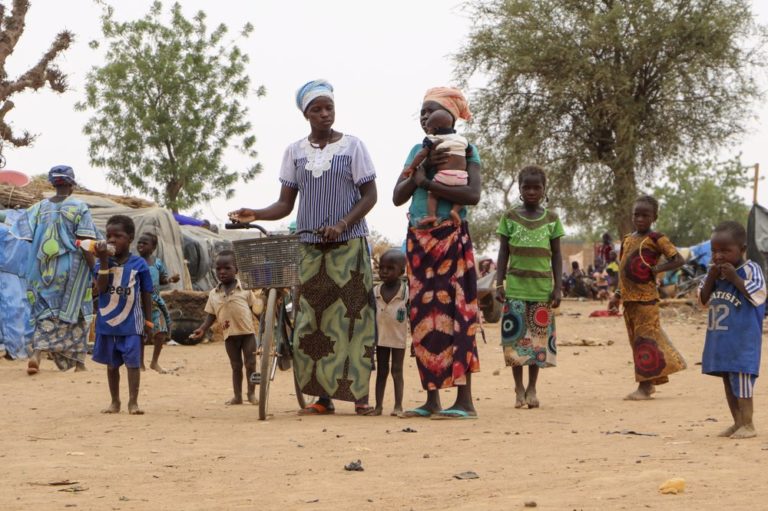Burkina Faso has stated that more than 7,000 people had fled the country’s volatile north following the bloodiest massacre in a six-year-old jihadist insurgency.
On a visit to the area, Prime Minister Christophe Dabire vowed that those behind the attack ‘will not go unpunished ‘ noting that Steps have already been taken to give (displaced people) a minimum level of comfort, lodgings, and food’.
While Dabire initially said that ‘more than 7,000 families have moved to Sebba’, the capital of Yagha province around 15 kilometres (10 miles) from the scene of the attack in Solhan village, his advisers later told reporters that the actual figure was 7,600 people.
Read Also: Burkina Faso Army ‘Kills 20 Jihadists In New Push’
Africa Daily News, New York reports that in Geneva, UNHCR spokesman Babar Baloch said that more than 3,300 people had fled, including more than 2,000 children and over 500 women, after gunmen stormed into Solhan on Saturday and massacred civilians.
At least 138 men, women, and children were “executed” and nearly 40 were seriously wounded, Baloch said.
Local sources have put the death toll at least 160, marking the deadliest attack since Islamist violence erupted in the West African country in 2015.
Communications Minister Ousseni Tamboura said the village “has been completely emptied of people”.
One local elected official said that most of those who left Solhan had already been fleeing jihadist violence, including in the Mansila district to the west.
Attackers ‘burned almost everything, houses, the market, the school, and the dispensary,‘ the official added.
The bloodbath followed the slaying of 14 people late Friday in the village of Tadaryat in the same region, where jihadists linked to Al-Qaeda and the Islamic State group have been targeting civilians and soldiers.
Displaced people “arrived with few or no belongings,’ Baloch said, adding that most ‘were generously welcomed by local families who are sharing what little they have’.
The new arrivals urgently need water, sanitation, shelter, and medical care, he said.
AFRICA DAILY NEWS, NEW YORK










